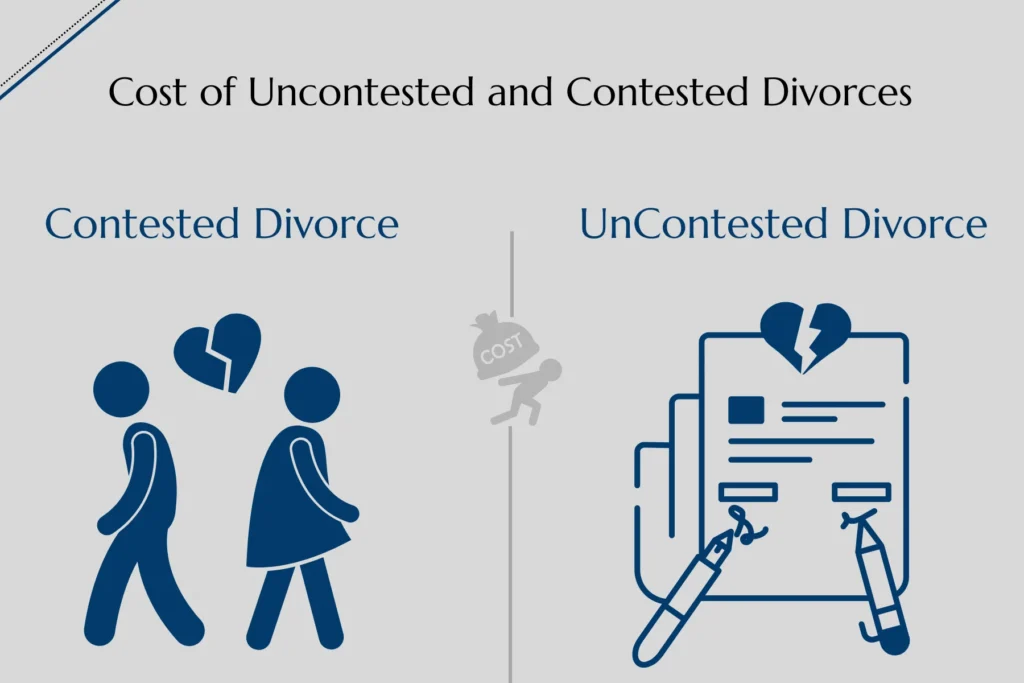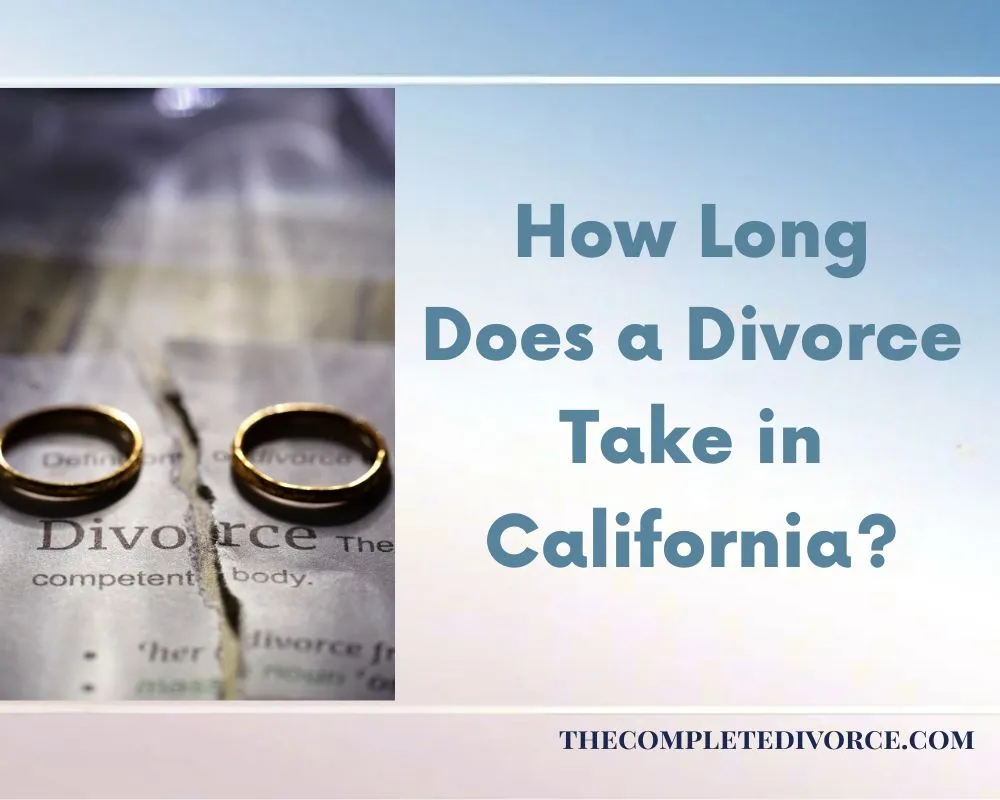How to Divide Community Property in a California Divorce

Dina Haddad
Founder & Attorney Mediator
I’m Dina Haddad, a family law attorney-mediator in California. I’m so tired of couples not having a process that’s easy to complete their divorce. They are getting lost, wasting time and money, and beyond frustrated with their results.That’s why I created TheCompleteDivorce. I took my successful mediation practice and condensed it into an affordable and winning program.
Dividing Community Property
When it comes to a divorce in California, the division of community property is a crucial aspect that needs careful consideration. Understanding the various methods for property division can help ensure a smoother process. Let’s delve into some effective strategies for dividing community property and address the legal aspects associated with it.
One common method to divide community property is “in kind.” This involves both spouses receiving an equal share of the property, maintaining fairness in the division. For instance, if you possess 100 shares of a company valued equally, both spouses would receive 50 shares each, assuming the same tax or cost basis. Similarly, if you have $5,000 in a joint savings account, the account would be split into two, with each spouse receiving $2,500. However, it’s important to note that for this method to work, you must possess identical assets with the exact same value.
However, not all properties can be divided in this manner. Assets like cars cannot be divided “in kind.” In such cases, a buy-out option comes into play. One spouse may choose to retain the car and compensate the other spouse for their share of the car’s value. It’s important to determine the present value of the property, rather than its value at the time of separation or purchase. This means that if a buyout is chosen, only half of the property’s value is owed to the other spouse, as you already own the other half.
For couples with diverse assets, totaling the value received by each spouse is an option. If there’s a discrepancy in the total values received, the spouse who received more compensates the other to balance the division. This type of payment is known as an “equalization payment,” and it’s worth noting that it isn’t taxable.
Should your case go to litigation, a judge will employ one of these division methods to distribute your property. However, if you’re negotiating an agreement, an additional option is available to you – the choice to jointly hold certain properties post-divorce. It’s wise to consult a divorce professional to ensure proper titling and to comprehend the potential legal or tax implications of jointly holding property after divorce.

Dividing Separate Property
Separate property or debt acquired before marriage or post-separation is considered individual ownership and is not part of the community property equalization process. At TheCompleteDivorce, we’re dedicated to assisting you with your California divorce journey. Our comprehensive package includes all the necessary family law court forms, informative video tutorials, and a customizable Marital Settlement Agreement. For those in need of more support, our extended package includes time with a divorce mediator.
Before making any decisions, consider the benefits of our services. With numerous successful cases in California, our guided DIY divorce process is not only efficient but also cost-effective. Our consistently top-rated services speak for themselves






